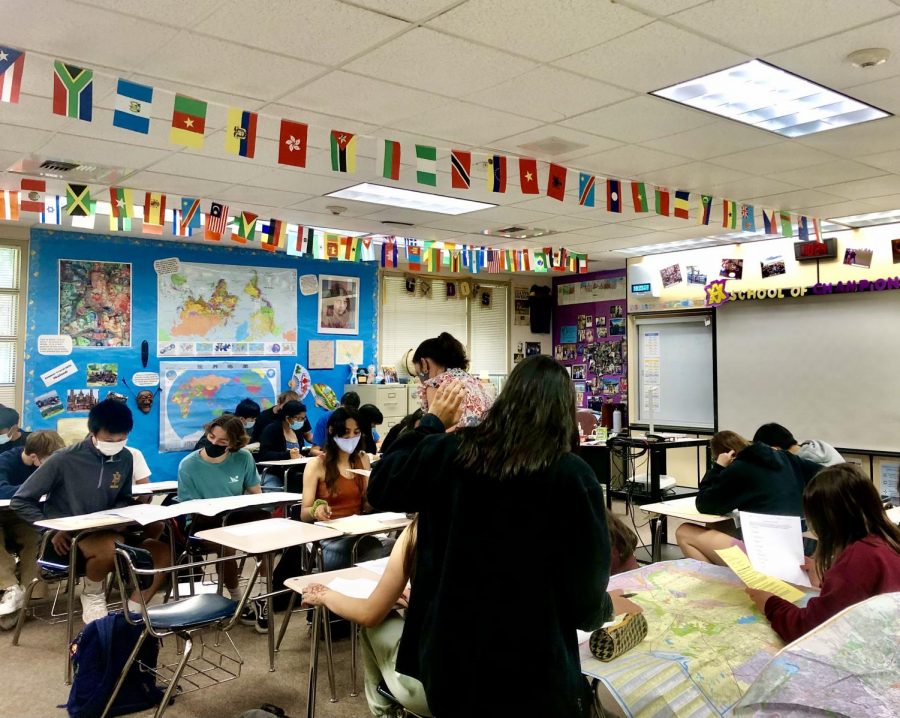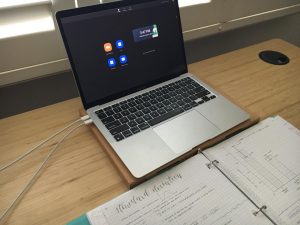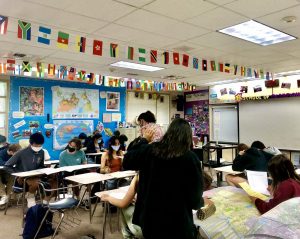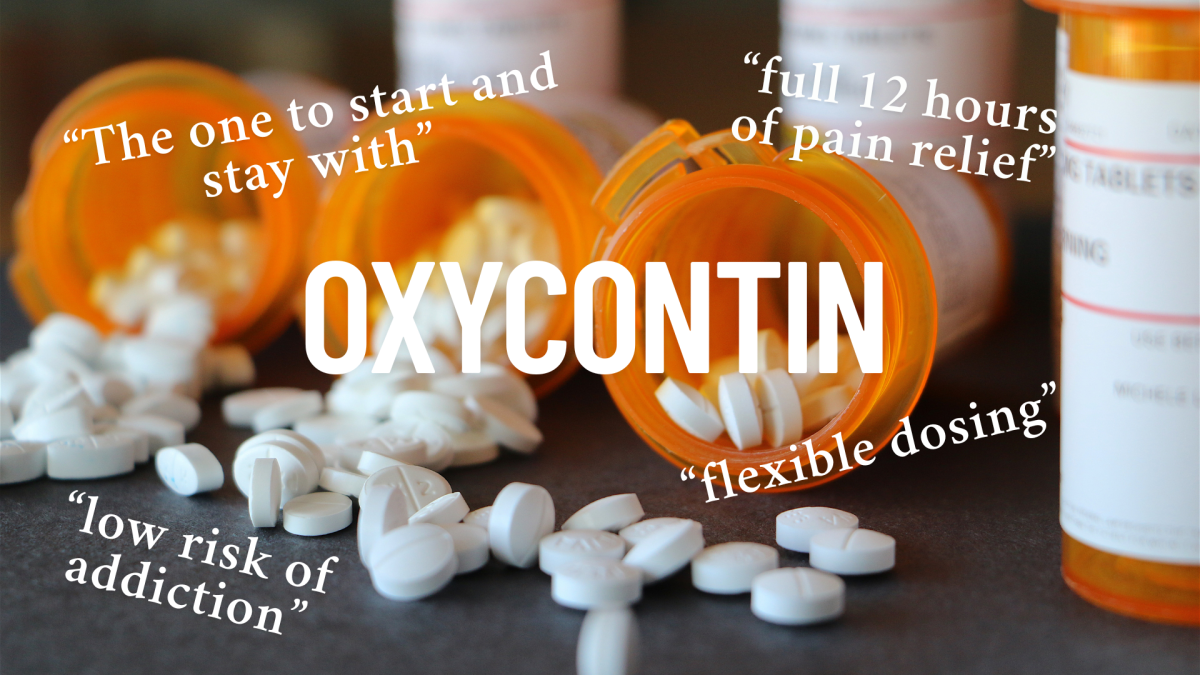School in-person will bring us enriching environments
Jennifer Zuanich, AP Human Geography teacher, leads the class to read and understand core learnings.
August 26, 2021
After a year of online schooling, students and teachers have been itching to come back to in-person schooling. As a result of the CDC’s new school guidelines, Dons were able to start in-person schooling on August 11, even holding our first ever rally in two years.
Last year’s schooling was a shift from the norm, holding zoom meetings for 4 hours in the morning, with assigned asynchronous homework given for the second half of the school day. However, there were many problems with that style of learning and teaching.
Many students did not have the motivation to participate in class, such as teacher-facilitated discussions, and even more, fell behind on schoolwork because of household, and extracurricular responsibilities.
“It was just very difficult through a computer screen to create that same sort of enthusiasm and collaboration. Zoom breakout rooms were really quiet and oftentimes awkward,” said English teacher Sara Marek.
Due to the new in-person schooling, the motivation to teach has risen for Amador teachers.
“Now, you know if they’re engaged with you, because you can see their eyes and you can see what they’re doing on paper, or on their Chromebooks. You can walk around and see all that,” said Marek.
Students have also shown more interest in subjects, and they are readily accepting of work. Most are looking forward to learning in their classes.
One negative aspect of remote learning was the lack of social interaction for students. Because of the all-virtual mode of learning, students had no way of talking with peers, friends, and teachers. Forced to find new ways of interacting, students took to online apps, such as Instagram, and Snapchat, yet many of them still felt isolated from their close friends.
“The pandemic distanced me from people I only interacted with at school, so I had to download different apps like snapchat or discord to try and stay in touch,” said Sara Vannoni (‘21).
With the introduction of in-person learning, students have had many opportunities to catch-up with friends, and peers. These opportunities are not only limited to lunch and brunch, they also include rallies, and school events such as Homecoming.
“Overall, I just really, really love getting to talk to my friends and classmates again. I’m also super excited to attend games, dances, and other school events now” said Vannoni.
However, new concerns regarding the Delta variant of the virus have been brought up, and few parents and students have expressed worries about attending in-person classes.
“There is an online and virtual option for students who are immuno-compromised and who have special circumstances,” said Marek.
The school has also been very strict regarding exposures, and the spread of the virus. They have implemented a strict routine, and it has helped contain the virus in a school of more than 2,500 students.
“If you’re vaccinated, and many kids are vaccinated on our campus, and you get COVID, you’re going to have a mild illness,” said Marek.
Once one person gets COVID, students who have been sitting around them are notified, and their vaccination cards are checked. However, if you aren’t vaccinated, you are required to have a test every three days.
Compared to the lack of motivation, and lack of learning that occurred last year, a mild illness isn’t a big deterrent to the students who have been on-campus for this year.
“We have missed so much and I think switching back to online learning when we were just about to return to a slightly more ‘normal’ school setting would be demoralizing,” said Vannoni.
“Shutting down all of the school doesn’t make sense to me because there is a virtual option for people who can’t be here,” said Marek.
We should not return to online learning, because of the lack of motivation and the lack of social interaction that students undergo while online. Though it is a safer option, we should not compromise our ability to learn and retain information, most of which will be used throughout our lives.
We “cannot shut down these kids and their ability to learn, and their ability to grow socially, educationally, emotionally,” said Marek.






